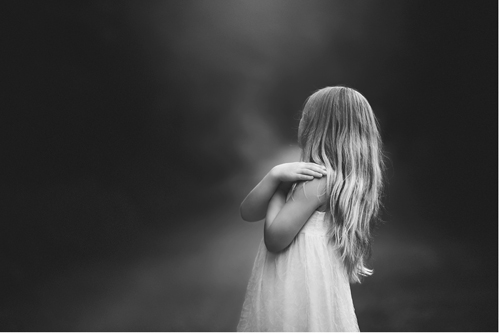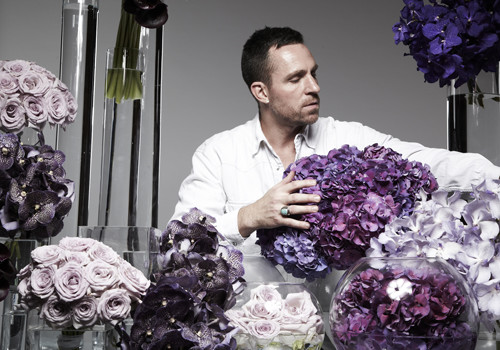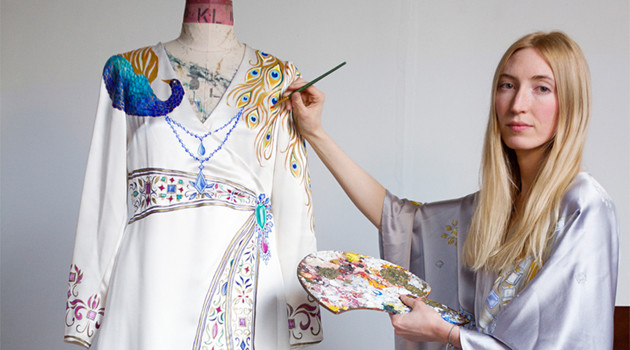 By Ellen Gilbert
By Ellen Gilbert
When Calvin Klein introduced “Obsession” in 1985, it was swooningly described as a “compelling, potent, powerful and intensely provocative scent.” Christian Dior’s “Poison,” which also came out that year, was no less effusively hailed as a “true magical formula...an irresistibly seductive fragrance, characterized by spectacular appeal.” Clearly, Yves St. Laurent’s “Opium,” an earlier (1977) entrant in the fragrance competition, hadn’t cornered the market on rave reviews: “rarely in the history of fragrance has a creation embodied such enchantment, mystery, magic, and exoticism,” said one reviewer.
Although they may have had the lead on overheated names and descriptions of their products, the truly “obsessed” in the world of fragrance and cosmetics was, many believe, one Josephine Esther Mentzer (1908- 2004), a.k.a. Estée Lauder, the American businesswoman who, along with her husband, Joseph Lauter (later Lauder), founded her eponymous cosmetics company in 1946.
Without a beauty business as an alibi, Estée (pronounced ‘Esty’) Lauder might well have gone to jail for aggravated assault with deadly face powder or lipstick,” writes author Joshua Kendall in America’s Obsessives: The Compulsive Energy that Built a Nation, his examination of driven personalities who made it big (Steve Jobs, Charles Lindbergh, and Henry J. Heinz are among his subjects.) His chapter on Lauder contends that “for this cosmetics tycoon, putting makeup on women’s faces was not a chore; it was all that she ever cared about.”
For doing the only thing she cared about, Lauder racked up some impressive achievements: inducted into to the Junior Achievement U.S. Business Hall of Fame in 1988, she was the only woman on Time magazine's 1998 list of the 20 most influential business geniuses of the 20th century. In 2004 George W. Bush posthumously awarded her the Presidential Medal of Freedom. She hobnobbed with world leaders and counted the Duke and Duchess of Windsor among her good friends. more















 By Ellen Gilbert
By Ellen Gilbert













 By Taylor Smith
By Taylor Smith